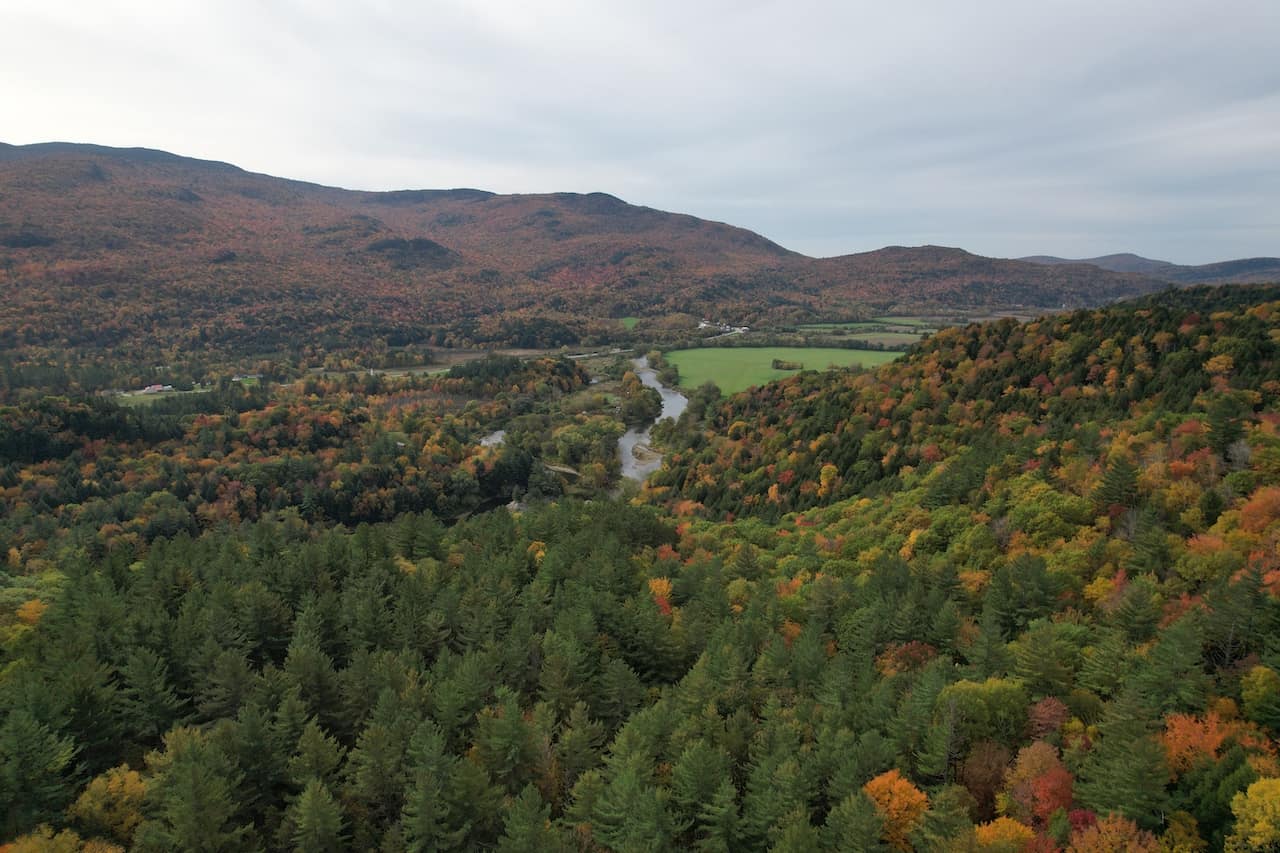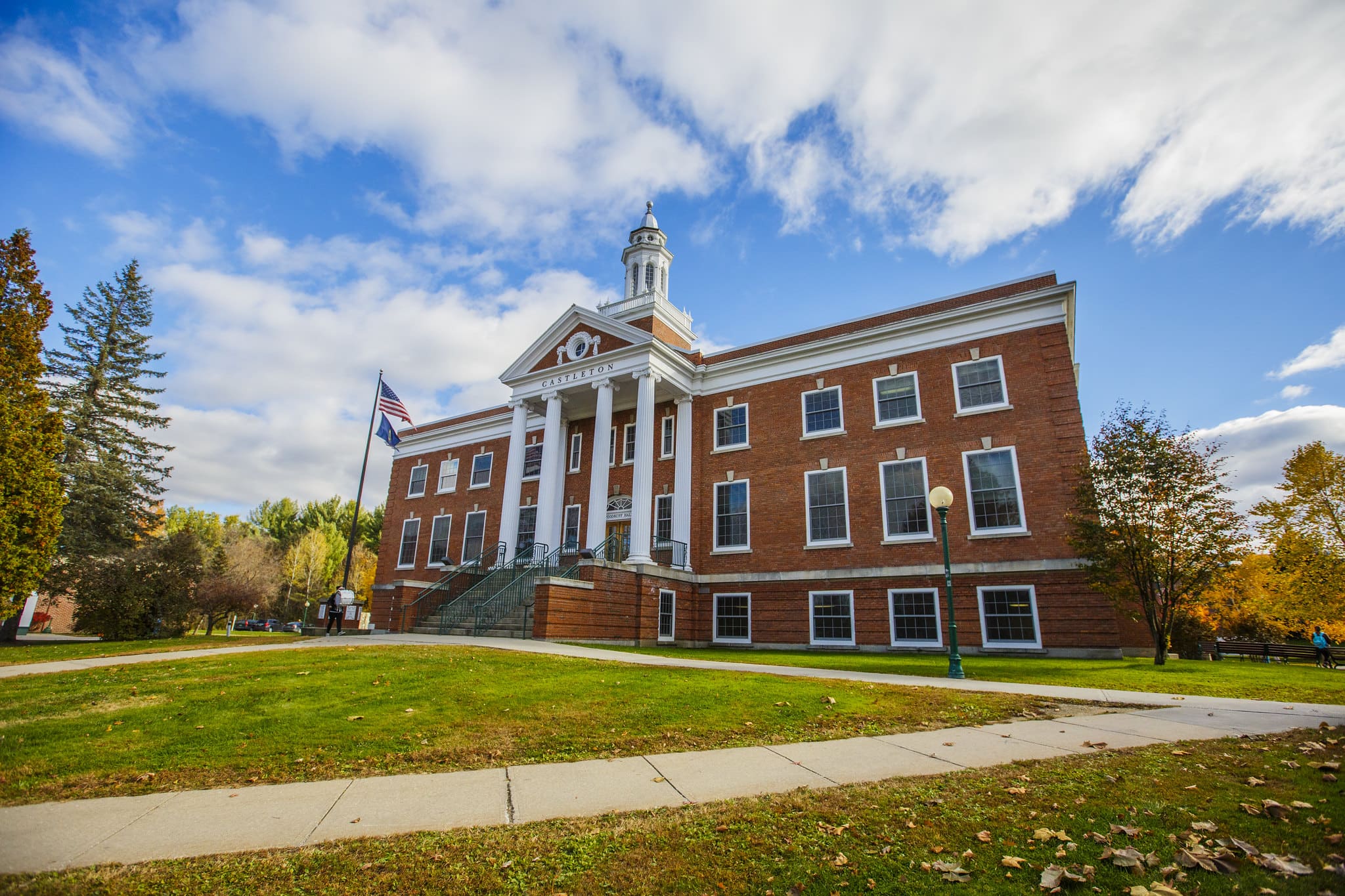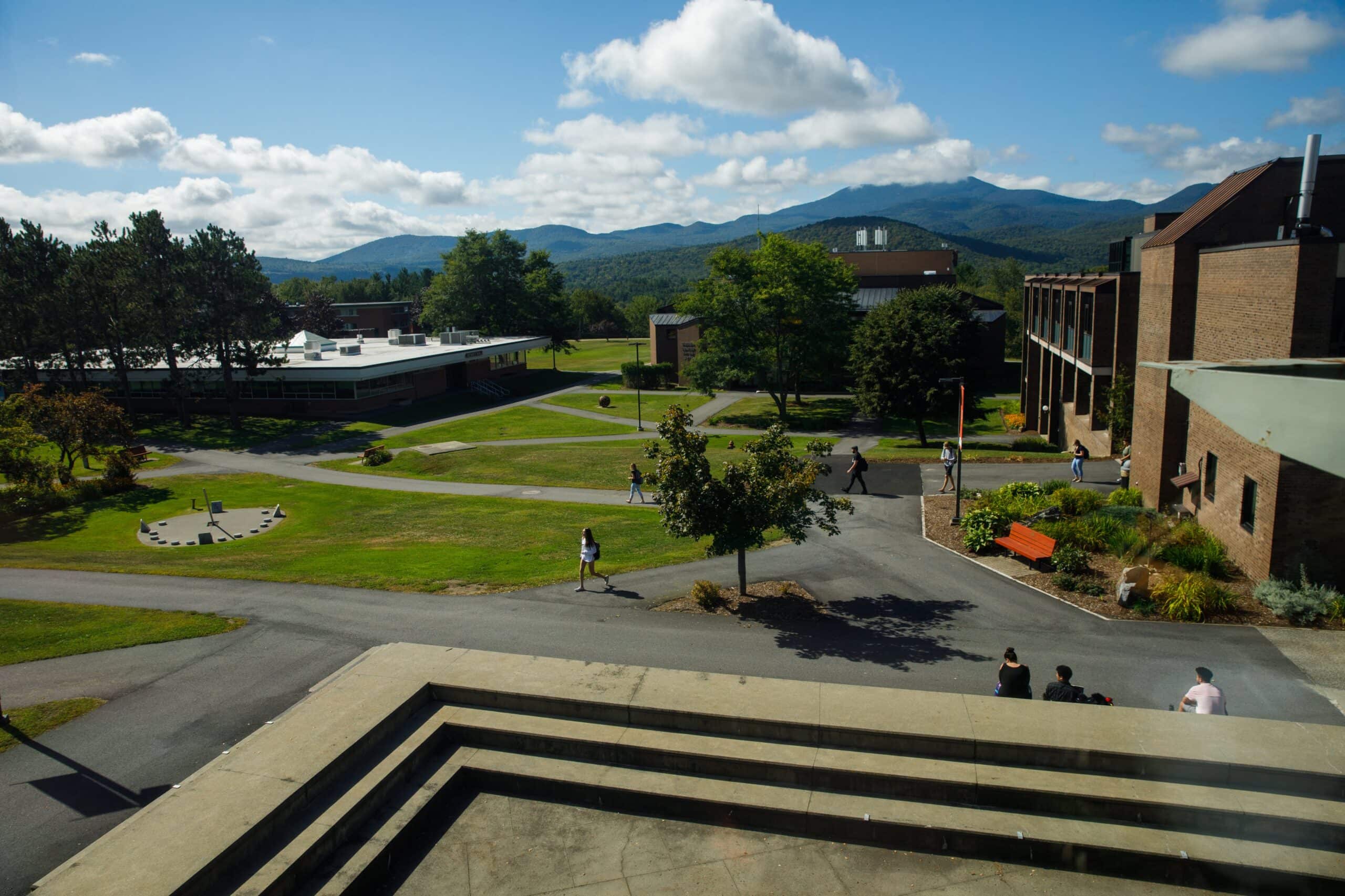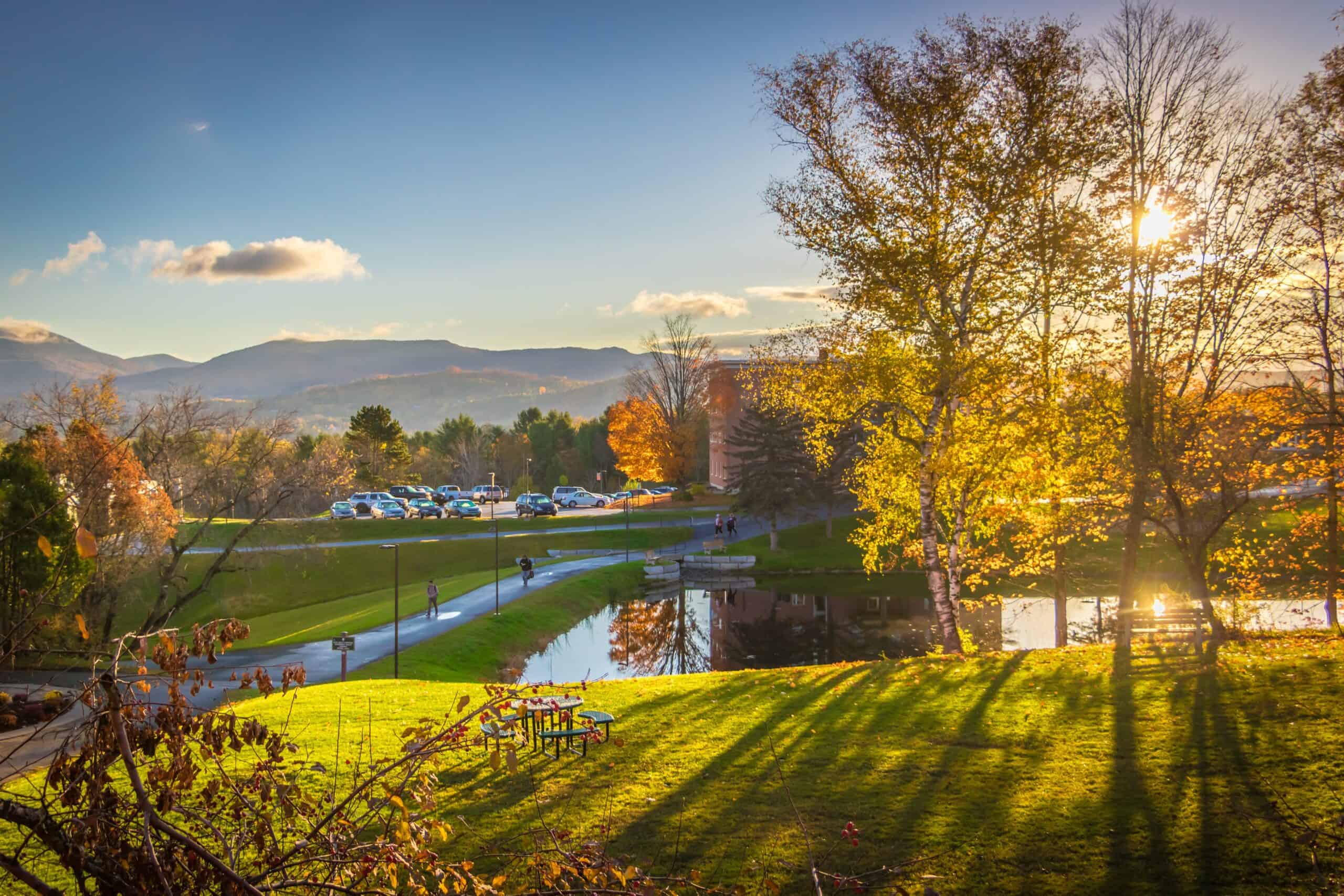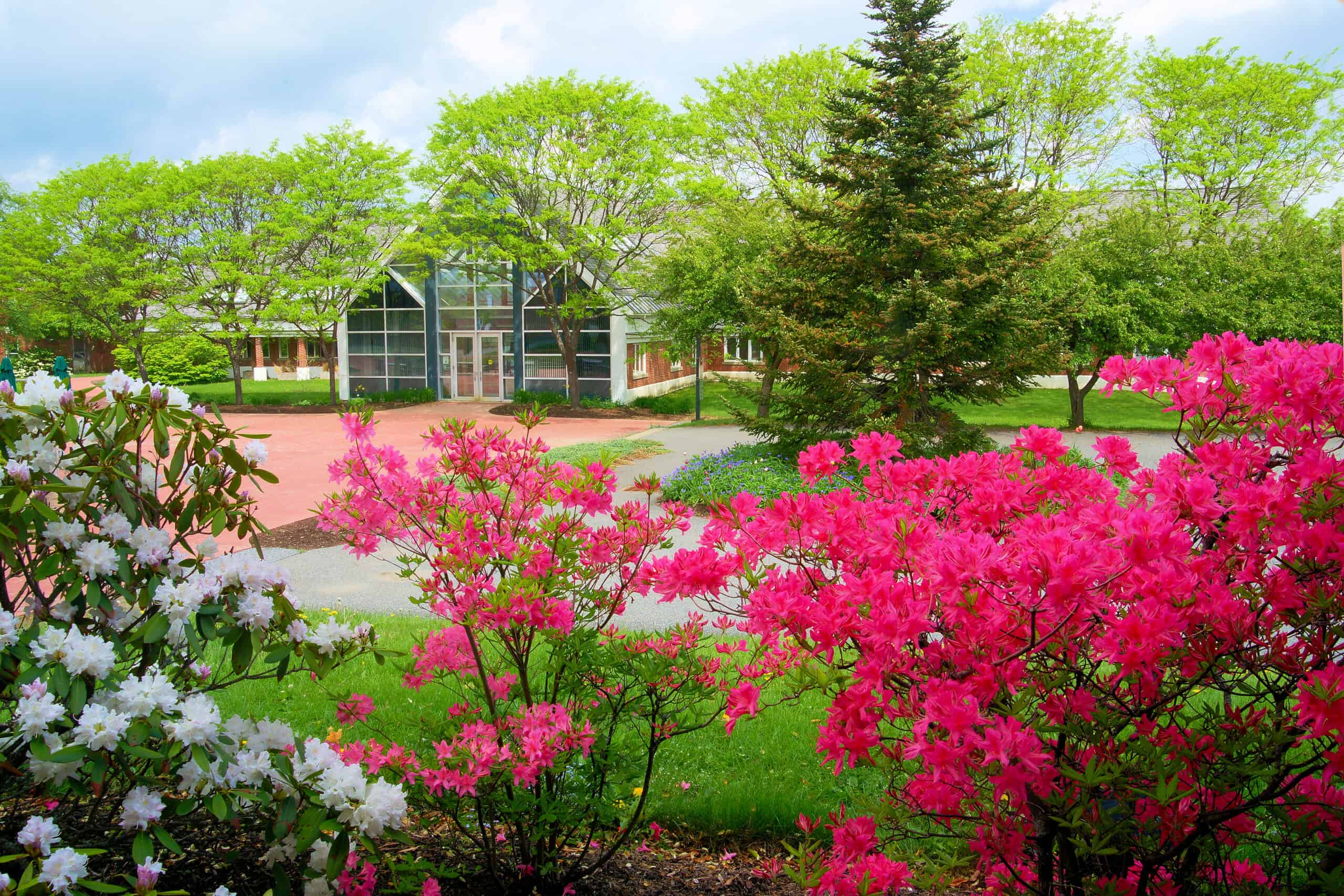Vermont State University officially launched on July 1, 2023. Vermont State has joined Castleton University, Northern Vermont University, and Vermont Technical College into one institution to better meet the needs of students throughout Vermont and beyond.
While new in name and form, Vermont State builds upon the rich histories of our three institutions. This unification allows us to leverage the high-quality, transformative education our colleges are known for and to make our programs more accessible and affordable than ever before.
While each campus has its own culture, we share the common goal of preparing students for a rewarding career and active citizenship through an educational community that fosters intellectual, personal, and creative growth.
Keep reading to discover the history that culminates in where we are today.
Our Campus Histories
Vermont State University’s roots stretch back centuries to the oldest institution of higher education in the state.
Castleton University’s origins date back to 1787 with the founding of Rutland County Grammar School, which prepared students for study at one of the few New England colleges. By the time of the Civil War, it had become Castleton Seminary, training mostly young women for the teaching profession.
After the war, in 1867, a school was founded in Castleton to train teachers and take over the work of the seminary. The school flourished under the visionary leadership of Caroline S. Woodruff in the 1920s and 30s and officially changed its name to Castleton Teacher’s College in 1947.
Joining the Vermont State Colleges system in 1962, the school became Castleton State College, adding programs to become a liberal arts college. The college continued to grow and became Castleton University in 2015.
Today, the 165-acre campus houses a thriving residential community and is the home of the Spartans, whose teams compete in 28 NCAA Division III sports.
Northern Vermont University has its own story of unification, as it was founded in 2016 by joining Johnson State College and Lyndon State College.
Johnson State College developed from a school founded in 1828 offering primary and secondary education. It became a teacher training school in 1866 and gradually expanded the level of preparation it offered to a four-year program, being renamed “Johnson Teacher’s College” in 1947. It focused on this mission until 1962, when it broadened into a liberal arts college after joining the state college system.
From 2008, the campus saw the addition or renovation of many significant buildings, including the Dibden Center for the Arts, while graduate programs were added to offer students advanced preparation in counseling, education, and art. Nearby campus, the 1,000-acre Babcock Nature Preserve is an important resource for student and faculty research as well as community recreation.
Lyndon State College began in 1911 as a teacher training school with a one-year program and progressed to granting four-year degrees and gradually expanded to a four-year program by 1944. In 1961, it joined the Vermont State Colleges system, changing its name to Lyndon State College.
Over the next several decades, the school expanded offerings into the liberal arts, business, and other program areas, including a successful meteorology program, and continued to add buildings to its 175-acre campus. At the start of the new century, Lyndon State College responded to the changing needs of students and began offering classes online and at flexible times, expanding access to career-focused preparation.
In the years preceding its union with Johnson State College, the Lyndon campus continued to see growing enrollment and the addition of new, state-of-the-art facilities, like the Academic and Student Activity Center, to accomodate it.
The Lyndon Hornets and Johnson Badgers continue to field NCAA athletic teams as the schools preserve their distinctive identities and histories.
In 1806, the Orange County Grammar School was founded in Randolph to provide advanced education for college-bound students in the area. By the 1850s, its focus had shifted to teacher training, an evolution officially recognized in 1866 when it became known as Randolph Normal School.
Its focus shifted again when the state legislature selected the location to establish the Vermont School of Agriculture in 1910. The school expanded rapidly during the ’50s and ’60s, changing its name to Vermont Technical College to reflect the addition of technical courses.
Vermont Tech began granting bachelor’s degrees in 1993 and added its first master’s programs in 2015. Its focus on practical, affordable education earned it recognition as the leading college in Vermont for return on investment and a top school for alumni earnings.
The Past and the Future
While each institution has its own unique history, the three share a powerful inheritance from our past that will continue to shape our future:
- A Focus on Teaching: The early focus of the three schools was teacher training. From the beginning, we have believed in the importance of learning and in the careful preparation of those who foster it.
- The Priority of the Practical: Training teachers means giving students the knowledge and skills needed for a particular vocation. As the schools expanded their offerings and pioneered education in areas like agriculture and engineering, they all maintained a focus on giving students hands-on preparation for career readiness and success.
- Flexibility and Innovation: The histories of our constituent schools are marked by change – in program focus, in name, and in institutional governance. Each has grown, taken risks, and adapted successfully to the needs of the communities they serve.
At Vermont State University, we remain energized by the value of education and shape our programs to prepare graduates for career success and impact. The formation of this new institution is one more example of creative innovation in response to the changing needs of our state and its students.
We have 236 years of excellence in education behind us and limitless possibilities in front of us. Welcome to Vermont State University.
Accreditation
Vermont State University is accredited through the New England Commission of Higher Education (NECHE), the regional accreditation body recognized by the U.S. Secretary of Education to review and accredit institutions, as of July 1, 2023.

